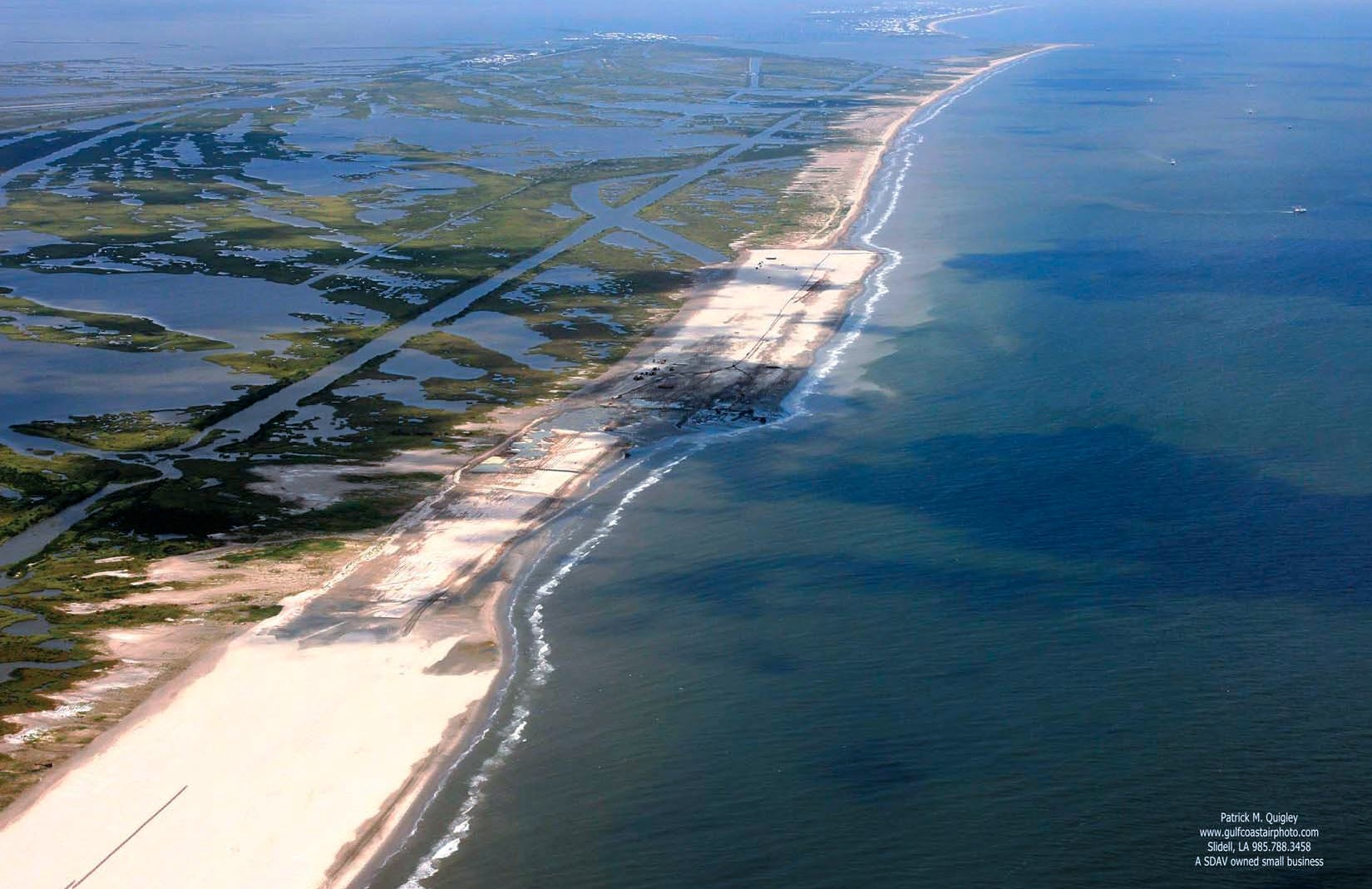The National Fish and Wildlife Foundation (NFWF) is a nonprofit organization created by Congress in 1984 “to protect and restore fish and wildlife and their habitats.” The organization funds a wide variety of conservation projects across the country, leveraging public funds with private investment dollars. NFWF is governed by a Board of Directors, which consists of 30 members approved by the Secretary of the Interior.
In 2013, NFWF established the Gulf Environmental Benefit Fund per the terms of two plea agreements relative to certain criminal cases against BP and Transocean following the 2010 Deepwater Horizon explosion and oil spill. NFWF is the administrator of $2.54 billion for projects that benefit natural resources harmed by the oil spill; Louisiana has been allocated $1.27 billion out of that bucket.
According to the US Department of Justice plea agreement, Louisiana-designated funds can only be used on barrier island restoration and sediment diversion projects along the Mississippi and Atchafalaya rivers. NFWF gives consideration to Louisiana’s Coastal Master Plan and the Louisiana Coastal Area Mississippi River Hydrodynamic and Delta Management Study.
NFWF Gulf Benefit dollars had a very well-defined payout schedule as part of that plea agreement. Following consultation with state and federal resource agencies, NFWF has awarded nearly $1.5 billion in funding from the Gulf Environmental Benefit Fund since 2013. NFWF will continue to obligate funds appropriately and in accordance with the plea agreement.
The number of awards from the Gulf Environmental Benefit Fund in Louisiana now stands at 13, with a total current value of more than $606 million. These projects are designed to restore, protect, and enhance natural and living resources:
- Terrebonne Basin Barrier Island and Beach Nourishment Construction
- Mississippi River Mid-Basin Sediment Diversion Program Management
- Adaptive Management: Louisiana River Diversions and Barrier Islands
- Mid-Barataria Sediment Diversion: Engineering and Design
- Increase Atchafalaya Flow to Terrebonne: Planning, Engineering and Design
- Caminada Beach and Dune Increment Engineering, Design and Construction
- Lower Mississippi Sediment Diversions: Planning
- East Timbalier Island: Engineering in Design
- Mid Barataria Sediment Diversion: Construction
- Mid Breton Sediment Diversion: Engineering and Design
NFWF conducts one project cycle per year, beginning with a project review cycle each spring in consultation with state and federal resource agencies, including NOAA and FWS.
Learn more about the NFWF Gulf Environmental Benefit Fund here.

Points of Contact
-
- National Fish and Wildlife Foundation, Senior Vice President, Gulf Environmental Benefit Fund, Tom Kelsch: tom.kelsch@nfwf.org
- National Fish and Wildlife Foundation, Coordinator, Gulf Environmental Benefit Fund, Elizabeth Gullett: elizabeth.gullett@nfwf.org
- MRD Contact
- Restore the Mississippi River Delta contact, Coastal Conservation Policy Manager, Portia Mastin: portia.mastin@audubon.org